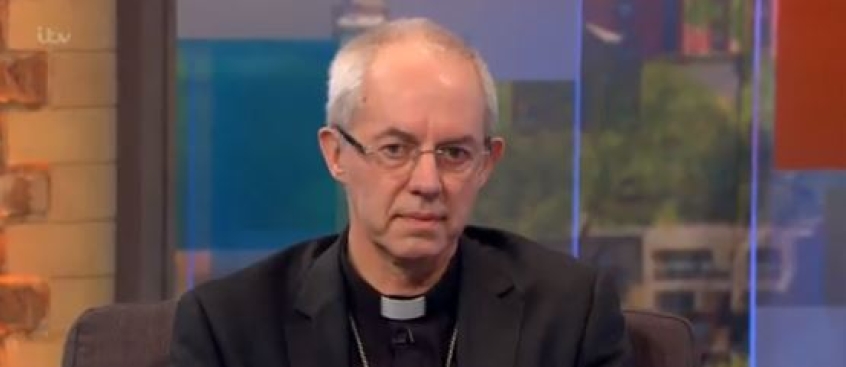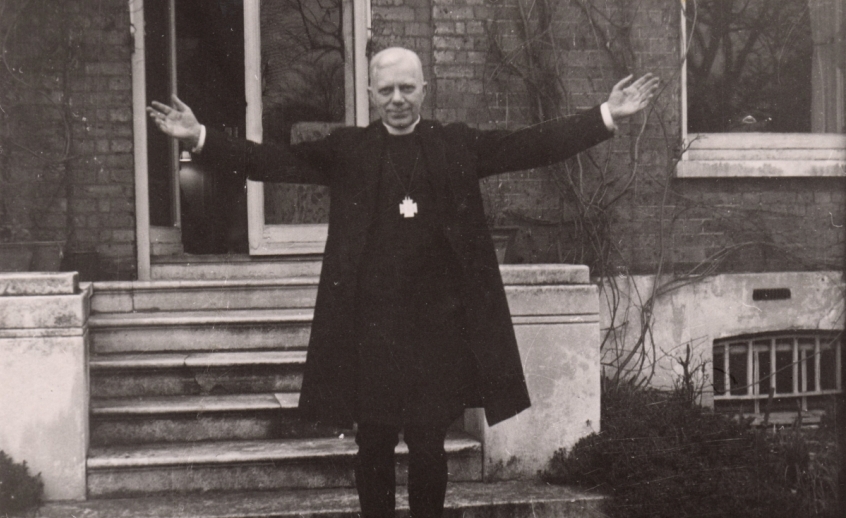The Bishop of Peterborough has broken ranks after the Archbishop of Canterbury declined to rescind a statement saying a 'significant cloud' hung over the late Bishop George Bell's reputation after he was accused of abusing a young girl.
Donald Allister said George Bell's 'reputation has been severely damaged' by the allegations, which a legal expert reviewing the case suggested would not have led to a guilty verdict 'beyond the balance of probabilities' in a criminal court.

Allister called for 'a major review of anonymity' in sex abuse cases and suggested that where the complainant has a right to be anonymous, the law should allow for the respondent also to be anonymous.
'Until there is overwhelming evidence to suggest guilt, it seems reasonable for people's reputations not to be damaged in this public way,' he said in a debate in the House of Lords.
Explaining his remarks to Christian Today, Allister said the name of the accused should only be disclosed 'when there was a substantial body of evidence suggesting guilt'.
'I suggest that if a complainant is allowed to be anonymous, there should be a presumption that the respondent should normally be afforded the same right,' he told Christian Today.

'I am simply asking for a public debate and for the government to review this matter. I'm not suggesting that I have all the answers, merely that I believe such a review is necessary.'
The comments highlight divisions within the Church of England over how it has responded to the allegations against Bishop Bell.
The former Bishop of Chichester was deeply revered in the Church of England and was one of the Church's most respected 20th century leaders. However his reputation was destroyed in 2015 when the Church of England appeared to admit he was a paedophile by publicly apologising to an alleged victim, known only as Carol, and paid her more than £30,000 in damages and legal fees after a civil claim was launched.
A subsequent review of how the Church dealt with the accusations by Lord Carlile QC found it 'rushed to judgment' and smeared Bell in its desperation to avoid being seen as soft on clergy sex abuse. 'Serious errors were made' as a result of an 'oversteer' that presumed his guilt without fully looking at the evidence, Carlile's review found.
But despite the highly critical report Welby refused to apologise to Bell's relatives and supporters and instead issued a statement that appeared to leave open the possibility of his guilt.
'We realise that a significant cloud is left over his name,' he said at the time. 'No human being is entirely good or bad. Bishop Bell was in many ways a hero. He is also accused of great wickedness. Good acts do not diminish evil ones, nor do evil ones make it right to forget the good. Whatever is thought about the accusations, the whole person and whole life should be kept in mind.'

After three open letters of complaint were sent to the archbishop, Welby issued a statement explaining he could not clear Bell's name and defending the Church's decision to make the settlement public.
'Our history over the last 70 years has revealed that the Church covered up, ignored or denied the reality of abuse on major occasions,' he said.
'The experience of discovering feet of clay in more than one person I held in profound respect has been personally tragic.'
He added it was important to distinguish between the level of proof needed for a criminal case in court, where the accuser needs to prove guilty 'beyond reasonable doubt' and a civil claim, which Carol bought, where guilt 'on the balance of probabilities' needs to be proved.













